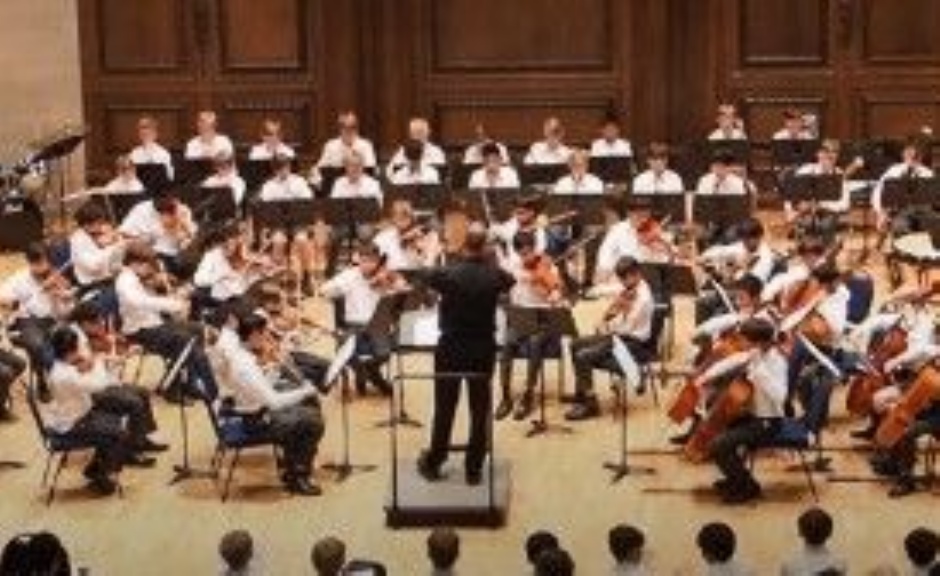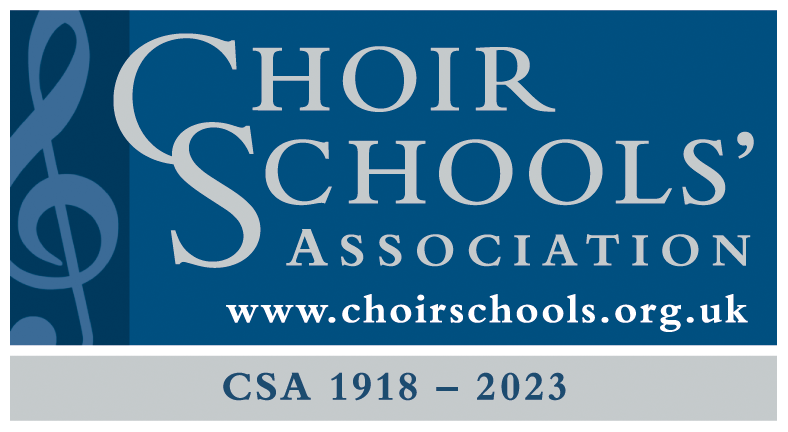And so the wider benefits of the prominence of music ripple outwards...

At Pilgrims’ we are used to the prominence of music.
At Pilgrims’ we are used to the prominence of music. But because it is part of the fabric of the school, it can perhaps become like that aged favourite jumper – so familiar that the weft of its specialness and the weave of what it actually means to you become lost in its ever-presence. In light of this, it’s rather nice when something comes along to give you a stark reminder of what it is the boys and Mr du Plessis’ music department actually achieve, day in, day out.
A few days ago, Pilgrims’ was the recipient of The Week’s ‘Best of the Best’, Independent Schools Guide ‘Best Prep for Music’ award. This is a fantastic accolade for the boys, their music teachers, and the world of music we enjoy here. And, quite aside from what happens within our own walls, I do – as you know – take frequent opportunities to remind the community that it is possible to drop into the Cathedral or the College Chapel several times a week to hear truly world-class choral singing.
I think what it is that so particularly distinguishes the music our boys make together, however, is just that – that they make it together. It is not confined to the blood, sweat and tears of the individual practice room and climbing the grades. Other schools may achieve music scholarships (though very few achieve as many as we), but to achieve the quality of ensembles Pilgrims’ does at this age-range is incredibly rare. And it is in the collective that something rather wonderful occurs…
There is a quiet miracle that takes place every time a choir breathes together before the first note, or when a string section moves as one into a phrase. And that miracle only comes about in the collective; in collaboration with others. Although it may not always feel so with the younger ensembles (!), by the time boys reach the top ensembles, this means a delicate yet powerful act of coordination, empathy, and trust. We may think of ensemble music as simply a challenge to master, a skill to refine. But in truth, it is something far more profound.
To sing in a choir or play in an orchestra is to experience, in a very immediate way, what it means to collaborate. We learn, not through abstract lessons, but in real time, that our contribution matters only insofar as it complements those around us. A misplaced crescendo, a hesitant entry - these remind us that excellence is a shared endeavour, that we succeed or falter together. We become acutely aware of each other: the way a singer next to us phrases a line, the way a conductor breathes before a cue, the subtle push and pull of a tempo shaped by many hands at work.
Beyond the rehearsal room, these lessons continue to resonate. Ensemble music teaches us how to listen - not just for our own part, but for the greater whole. It nurtures patience, humility, and a deep sense of belonging. In an era that often glorifies individual achievement, collective music-making offers a quiet yet urgent reminder: some of the most meaningful things we do, we do not do alone.
And so the wider benefits of the prominence of music ripple outwards… when the boys sit in a rehearsal or stand in formation to sing, what is truly unfolding is more than just music; it is the shaping of minds and hearts, together. I am so very proud to have the privilege of leading a school where this is the case. Bravi, boys!
Tim Butcher
Headmaster








